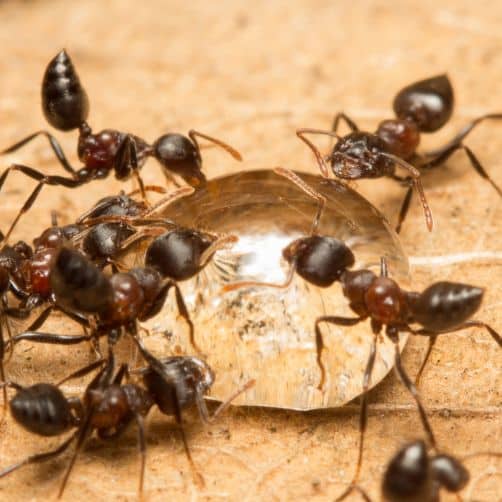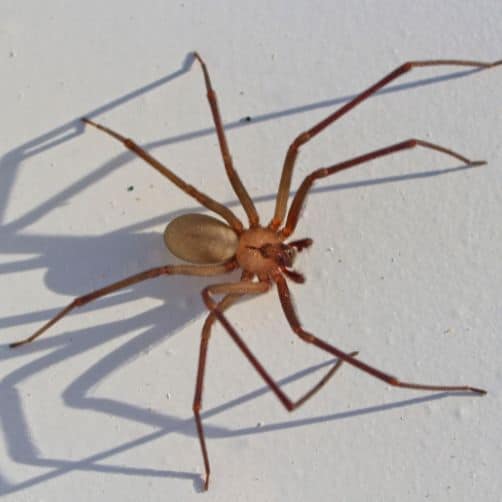
The Expert Guide to Ant Behavior and Pest Control
Ants are fascinating creatures that display complex social behavior. They live in highly organized colonies and work together to build intricate tunnels and chambers. However, while ants play an important role in the ecosystem, they can also become pests when they invade our homes or businesses. Pest control becomes necessary when ants start causing damage or becoming a nuisance to humans.
Ant Behaviors
Ants are attracted to food sources, especially sweet and sugary substances. They communicate through pheromones, which are chemical signals that they use to mark trails and communicate with other members of their colony. These pheromone trails allow their colony mates to follow the trail and locate the food source. This is why it’s common to see ants marching in long, organized lines, as they communicate and cooperate with each other. However, this behavior can quickly become a problem if ants find their way into your kitchen or pantry.
When ants invade homes or businesses, they can contaminate our food and become a general annoyance. Nobody wants to see a line of ants parading across their kitchen counter or crawling inside their cereal box. Additionally, some ant species can cause damage to structures by chewing through wood or electrical wires. This can lead to costly repairs and potential safety hazards.
Controlling Infestations
How can we effectively control ant infestations? Common methods include the use of insecticides or ant baits. Using insecticides to spray directly on ants or around their entry points will kill them on contact. However, this method only provides temporary relief because new ants will quickly replace the ones that were killed. Using ant baits, on the other hand, attracts ants to a food source that is mixed with a slow-acting poison. The ants then take the bait back to their colony and share it with other members, including the queen. This method is more effective in eradicating the entire colony, as it targets the root of the problem.
After eliminating the infestation, it’s important to rid your home or business of any past pheromone trails. Use bleach or sanitizer to clean the areas where ants were present, including around any entry points into your home or business.
Preventing Ant Infestations
Preventing ant infestations is always the best approach. To achieve this, maintain a clean and hygienic environment. Keep all food containers sealed tightly and clean up any spills or crumbs promptly so you don’t attract ants to these food sources. Regularly sweeping and mopping floors, as well as wiping down countertops, will help eliminate any enticing scent trails.
Additionally, seal any cracks or crevices in your home or business to help prevent ants from finding entry points. Pay special attention to areas around windows, doors, and utility pipes. By denying ants access to your home or business, you can significantly reduce the chances of an infestation.
Treatment Plans
At EcoGuard Pest Control, our technicians have the knowledge and experience to identify the type of ants infesting your home or business. We will then develop an appropriate treatment plan for your specific situation. In addition, our technicians can help identify issues and suggest solutions for ant prevention.
In conclusion, understanding ant behavior and implementing effective pest control measures with EcoGuard Pest Control are essential in dealing with ant infestations. By maintaining a clean environment and treating infestations early, you can successfully control and prevent ant infestations in your home or business. Remember, ants may be fascinating creatures in nature, but when they become pests, it’s important to take action to protect your home or business.
Remember to contact EcoGuard Pest Control for safe and effective treatments if you see ants inside your home or business.



